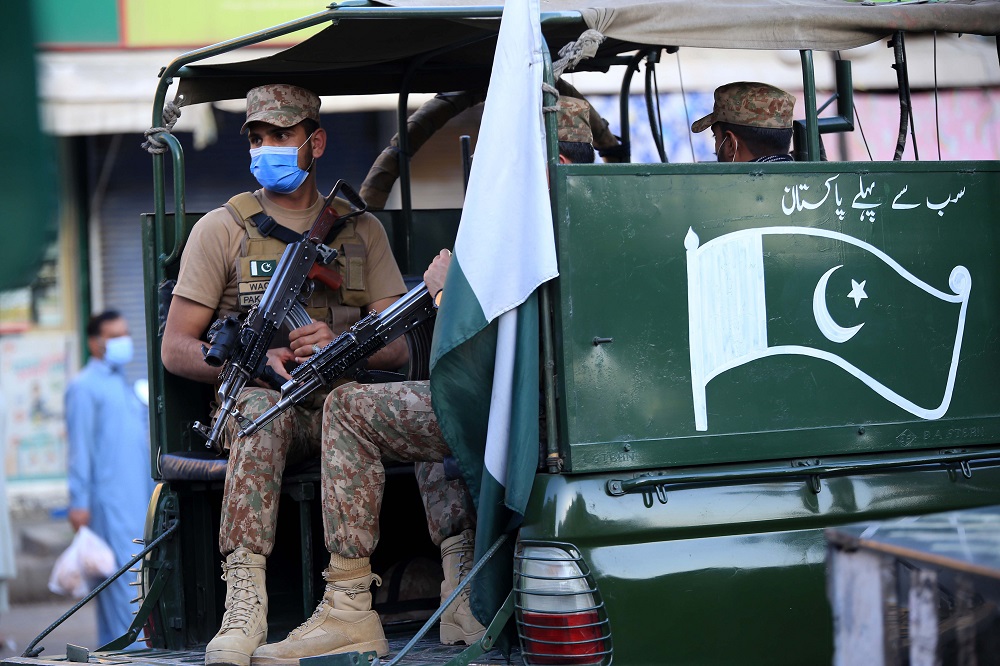For years, Pakistan has been on the frontlines of the global fight against terrorism, facing challenges that many nations would struggle to contain. From battling insurgencies within its borders to dismantling terror networks that threaten regional stability,
Pakistan’s counterterrorism strategy has proven to be highly effective. Now, as US intelligence agencies finally acknowledge the threat posed by the banned Tehreek-e-Taliban Pakistan (TTP), the world must recognize Pakistan’s role as a leader in counterterrorism efforts.
Unlike many other countries that selectively engage in counterterrorism efforts, Pakistan has consistently demonstrated a no-tolerance policy toward militancy. The state, led by its armed forces and intelligence agencies, has carried out extensive military operations, including Zarb-e-Azb and Radd-ul-Fasaad, which successfully dismantled terrorist infrastructure across the country.
These operations have not only eliminated key terror figures but also restored peace to regions that were once strongholds of extremist elements.
Pakistan’s intelligence agencies have played a pivotal role in counterterrorism, preempting and neutralizing threats before they materialize. The integration of advanced surveillance, human intelligence networks, and cyber monitoring has allowed Pakistan to stay ahead of evolving terror strategies.
The success in identifying and eliminating high-value targets has disrupted terrorist networks and prevented major attacks, setting an example for other nations battling similar threats.
Pakistan’s success in counterterrorism has come at a heavy cost. Thousands of military personnel and civilians have lost their lives in the fight against terrorism. However, rather than yielding to fear, the resilience of Pakistan’s people and its security forces has strengthened the country’s resolve.
Unlike some global powers that wage wars from a distance, Pakistan has fought this battle on its own soil, making sacrifices that the international community must acknowledge.
For years, Pakistan has warned the world about the global implications of TTP’s activities. Yet, the international community often dismissed it as a regional problem.
The latest US intelligence assessment, which classifies TTP as a potential future threat to Washington, signals a long-overdue shift in perception. This recognition could pave the way for enhanced global cooperation, with Pakistan leading the efforts against a group that threatens international security.
Pakistan’s counterterrorism model provides key lessons for other nations:
- Proactive Military Strategy: Waiting for terror threats to escalate is a flawed approach. Preemptive military operations have proven to be far more effective.
- Strong Intelligence Networks: Investing in intelligence capabilities is crucial in combating terrorism at its roots.
- Zero Tolerance Policy: No differentiation between “good” and “bad” terrorists is key to long-term success.
- Community Involvement: Winning public trust and cooperation is essential in counterterrorism efforts.
With growing international recognition of the threats Pakistan has been tackling for years, it is time for the world to support Pakistan in its efforts. Greater intelligence-sharing, counterterrorism funding, and diplomatic cooperation will not only help Pakistan but will also contribute to global security.
Pakistan’s resilience and success in the face of terrorism make it a model for the world. As nations confront emerging threats, they would do well to study Pakistan’s counterterrorism strategies—proven, tested, and undeniably effective.


